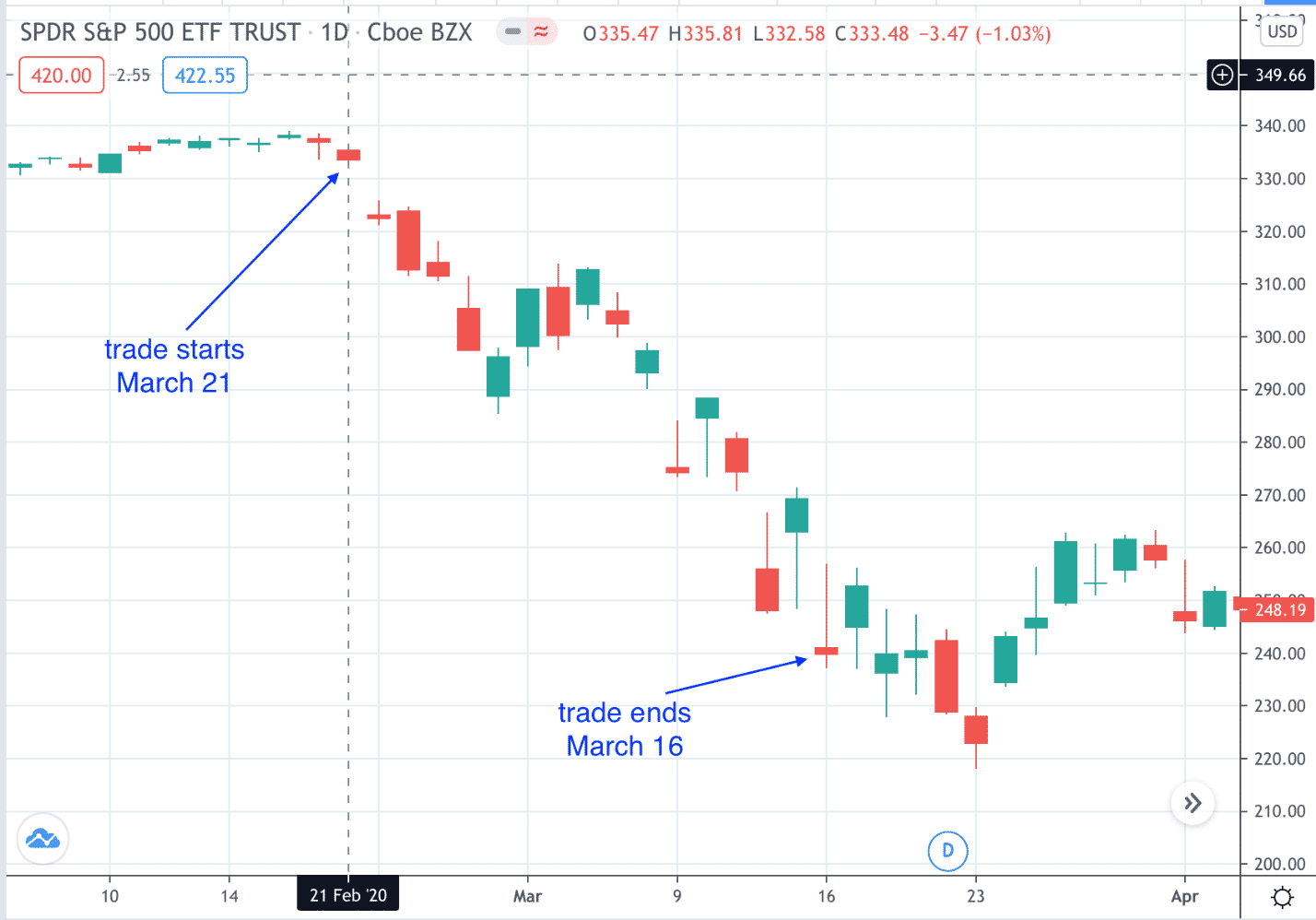In the dynamic and ever-evolving world of financial trading, options play a pivotal role. They confer upon investors the ability to capitalize on market movements while shielding them from excessive risk. Yet, behind the scenes, a complex regulatory landscape ensures that options trading adheres to established rules and standards.

Image: content.schwab.com
At the helm of this regulatory apparatus stands the Options Clearing Corporation (OCC), a self-regulatory organization (SRO) entrusted with overseeing and safeguarding the options market. Its primary mission revolves around maintaining an environment characterized by fairness, transparency, and risk mitigation.
The Options Clearing Corporation: A Guardian of the Options Arena
The OCC shoulders the immense responsibility of clearing and settling all exchange-traded options contracts in the United States. This entails verifying the validity of trades, ensuring the timely transfer of funds and securities, and collecting margin from participants.
Through its robust risk management framework, the OCC plays a pivotal role in stabilizing the options market, minimizing systemic risk, and protecting investors from potential losses. Furthermore, it fosters market transparency by providing real-time data on trading activity and market positions.
Navigating the Options Trading Landscape: Regulatory Oversight and Enforcement
Beyond the OCC’s self-regulatory purview, other regulatory bodies also play a crucial role in overseeing options trading. The Securities and Exchange Commission (SEC), the primary federal regulator of the securities industry, wields immense authority over options markets.
The SEC possesses the power to promulgate rules and regulations governing options trading, investigate potential misconduct, and enforce compliance through civil and criminal proceedings. Its oversight ensures that options markets operate in a fair and orderly manner, protecting investors from fraud and manipulation.
Unraveling the Dynamics of Options Trading: A Comprehensive Exploration
Options trading entails the purchase or sale of contracts that confer the right, but not the obligation, to buy or sell an underlying asset at a predetermined price on or before a specific date. These contracts derive their value from the potential price movements of the underlying asset.
Participants in options trading span a wide spectrum, from seasoned professional traders to individual investors seeking to enhance their returns. Options provide investors with a myriad of strategies to capitalize on market trends, speculate on price movements, and manage risk.

Image: optionstradingiq.com
Decrypting the Latest Trends and Unfolding Developments in Options Trading
The options trading landscape is constantly evolving, shaped by technological advancements, regulatory changes, and evolving market dynamics. Keeping abreast of these trends is paramount for traders seeking to optimize their strategies and stay ahead of the curve.
Recent developments include the advent of digital options, which offer enhanced flexibility and accessibility. Regulatory advancements, such as the introduction of the Volcker Rule, have also had a profound impact on the options market. Additionally, the rise of social media platforms has fostered online communities where traders share insights and strategies.
Expert Insights: Tips and Advice for Navigating Options Trading
For those venturing into the realm of options trading, seeking guidance from experienced professionals is invaluable. Seasoned traders and financial advisors offer a wealth of practical advice to help investors navigate the intricacies of this dynamic market.
One key piece of advice is to start small and gradually increase your trading activity as you gain experience and confidence. It is also essential to thoroughly comprehend the risks involved and to implement effective risk management strategies.
FAQ: Demystifying Common Questions on Options Trading
- Q: What are the main advantages of options trading?
A: Options trading offers numerous advantages, including the potential for high returns, increased flexibility, and risk management capabilities. - Q: Can I profit from options trading without buying the underlying asset?
A: Yes, it is possible to profit from options trading without purchasing the underlying asset by utilizing strategies such as selling options contracts. - Q: How do I get started with options trading?
A: To commence options trading, you must open an account with a brokerage firm that offers options trading services. It is also essential to educate yourself about options trading and develop a sound understanding of the risks involved.
Who Regulates Options Trading

Image: www.visualcapitalist.com
Conclusion: Embracing the Opportunities and Responsibilities of Options Trading
Options trading offers a compelling blend of opportunity and risk. By navigating the complex regulatory landscape, understanding the fundamental principles of options trading, and seeking guidance from experienced professionals, investors can harness the power of options to enhance their returns while mitigating potential losses.
Are you eager to delve deeper into the fascinating realm of options trading? If so, embrace the knowledge and guidance provided in this article to empower your trading decisions and unlock the full potential of this dynamic financial landscape.






